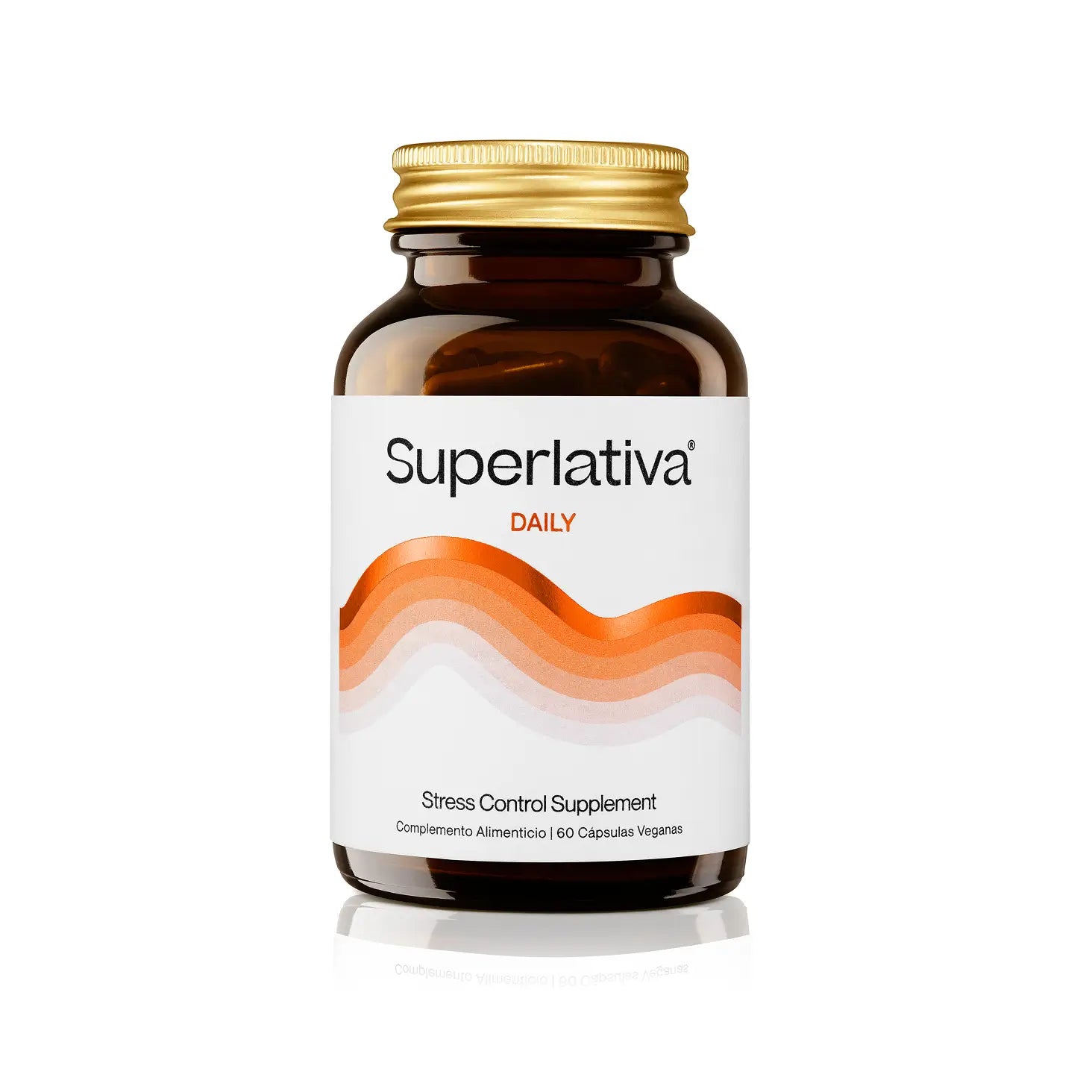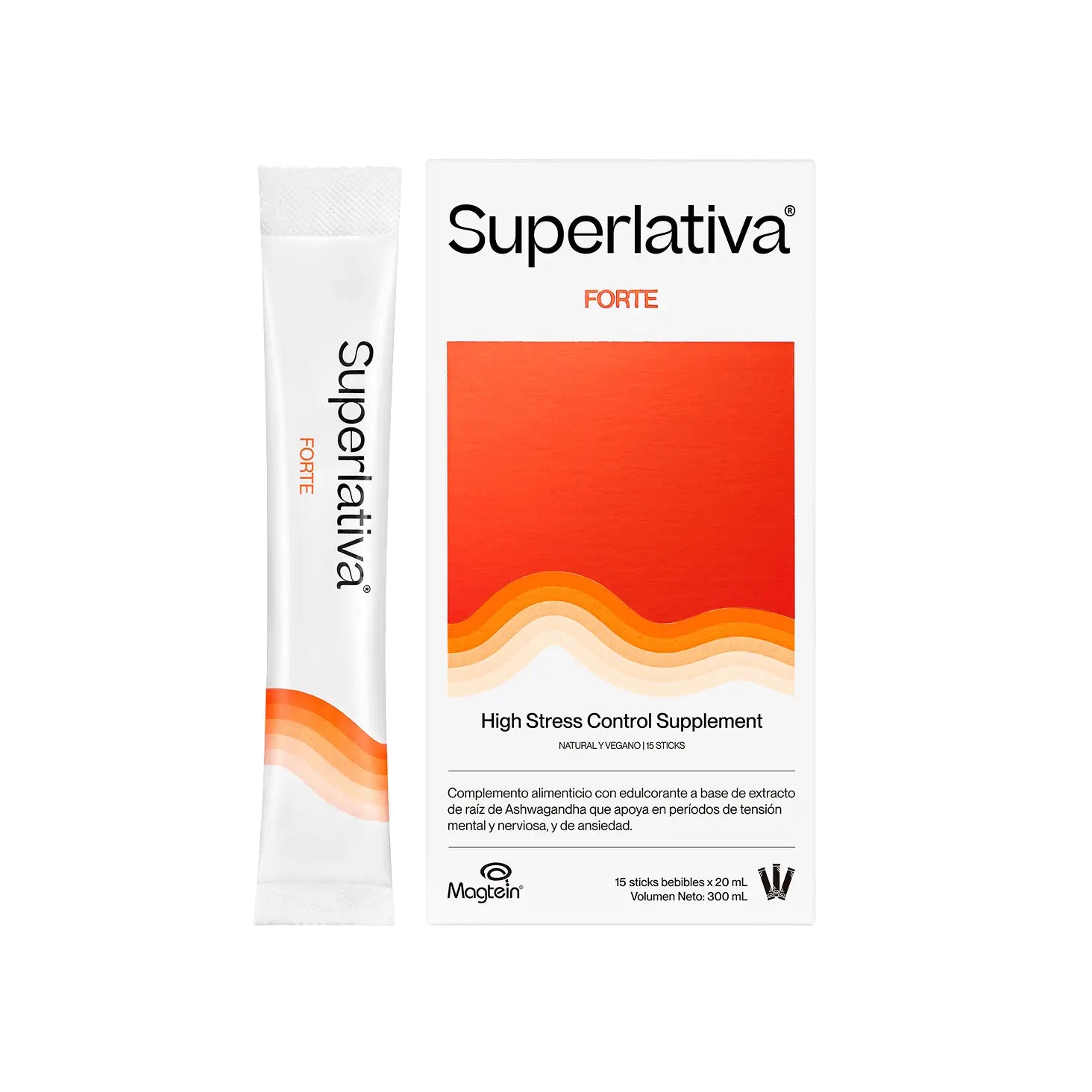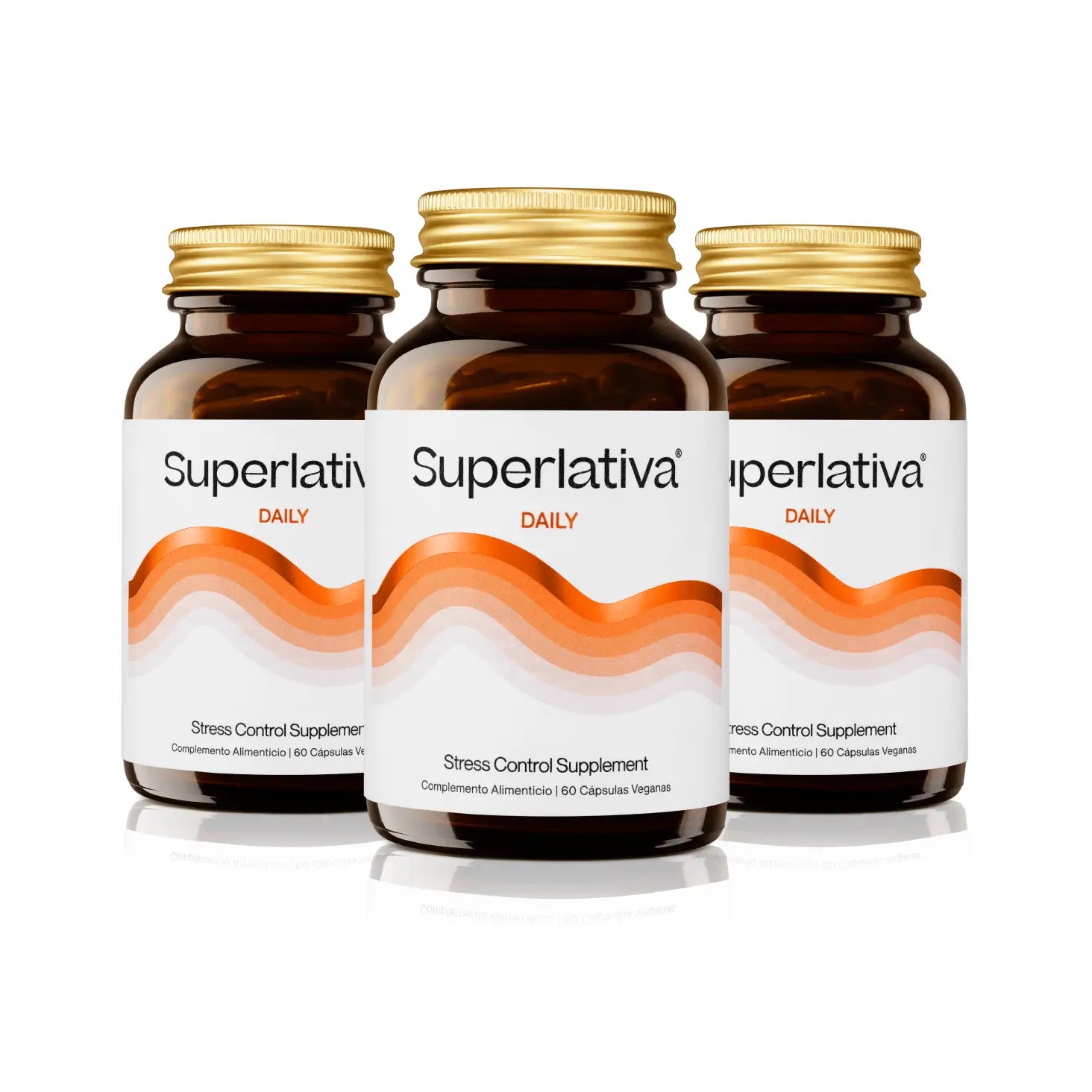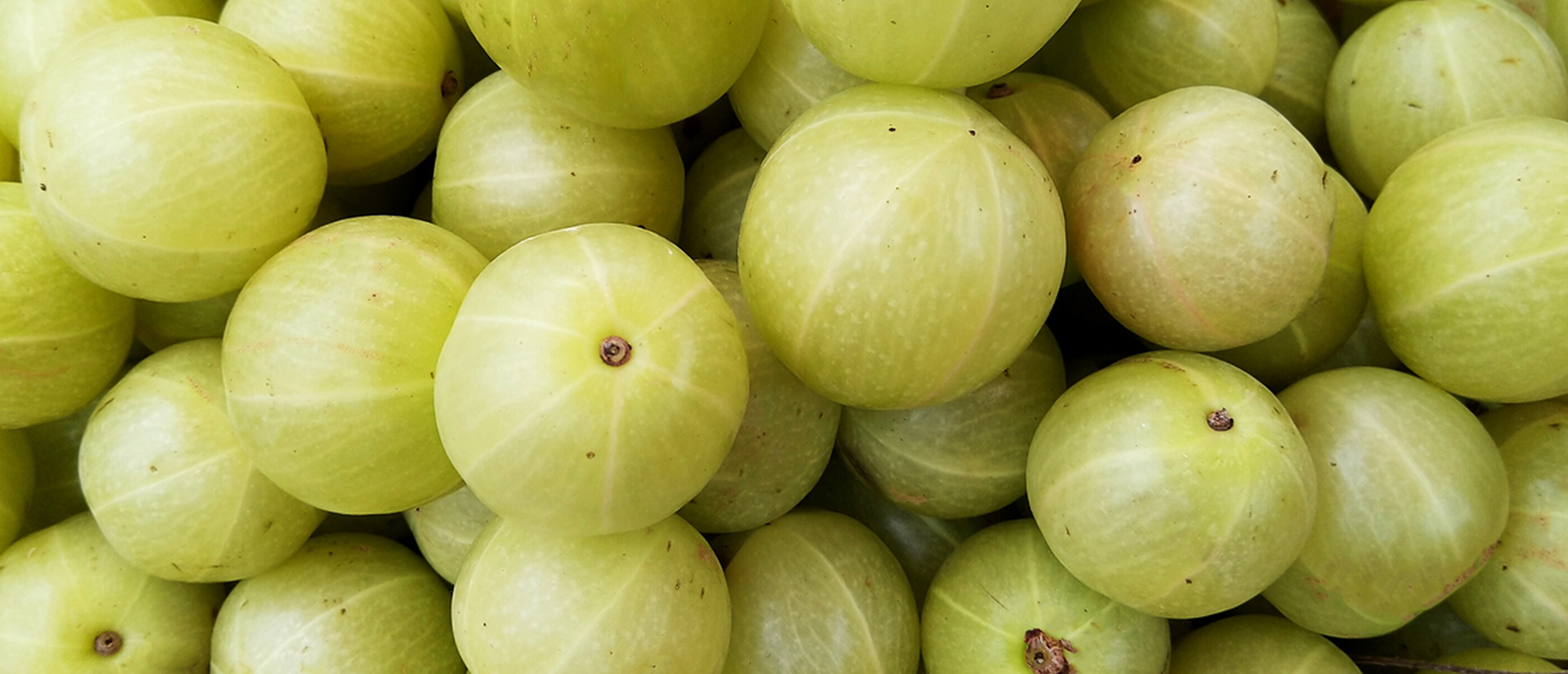What is turmeric and what qualities does it have?
Turmeric and its active compound, curcumin, have many scientifically proven health benefits, thanks to their anti-inflammatory, antioxidant, antimicrobial, and hepatoprotective properties.
Turmeric is an adaptogenic plant of Asian origin whose rhizome is bright orange under a thin, light brown layer. It is commonly used as a spice in Asian culture, where it is considered a magical plant due to its organoleptic characteristics and its undeniable therapeutic and protective properties.
Thanks to its color, it has been used for centuries as a coloring agent for food and fabrics. It's what originally gave yellow mustard its color and contributes the characteristic yellow color of curry powder.
Is curcumin the same as turmeric?
Turmeric is derived from a rhizome, the part of some plants that grows horizontally underground to produce new growth for the plant. It's the closest thing to a root. The turmeric rhizome is composed of several beneficial components called curcuminoids. Curcumin is one of these curcuminoids, the bioactive compound.
Turmeric in Ayurvedic medicine
Ayurvedic practitioners use it for a wide range of purposes. Turmeric's best-known medicinal properties in Ayurveda are as an anti-inflammatory and as a relief for digestive symptoms. In recent years, its amazing healing properties have begun to be recognized through scientific research. Turmeric in Ayurveda is native to South Asia, particularly India, but is cultivated in many warmer regions around the world. It is also grown in Sri Lanka, Indonesia, China, Taiwan, Indochina, Peru, Haiti, and Jamaica.
Benefits of turmeric and medicinal properties
- Improves digestion
- Anti-inflammatory activity
- Reduces premenstrual syndrome and endometriosis symptoms
- Relieves chronic pain
- Lowers high blood pressure
- Helps fight inflammatory bowel disease (IBD)
- Promotes antioxidation
- It has hepatoprotective properties
- Healing aid
Turmeric for digestion
Turmeric has been traditionally used in Chinese medicine to relieve digestive symptoms. It is used to reduce digestive problems such as gastritis or heartburn. Curcumin increases mucus production and protects the stomach walls. It also stimulates bile flow into the intestine, which improves the digestion of dietary fats.
Another ingredient that fights digestive problems is ginger. Ginger stimulates stomach receptors and causes a sensation of gastric warmth, a property that is used in the treatment of heartburn and dyspepsia. It helps increase intestinal peristalsis (the set of contraction movements of the digestive tract that allow its contents to move from the stomach to the anus), reducing constipation, stomach and intestinal pain, and flatulence. It also contains antiulcer properties that can inhibit the growth of Helicobacter pylori.
When ginger and turmeric are administered together, the result is enhanced . Digest On Gut Health contains turmeric and ginger in clinically effective amounts that work synergistically to reduce gastrointestinal symptoms.
[dib_prod_6807055106082]
Benefits of Digest ON:
- Reduces symptoms of bloating, gas, and heartburn.
- It helps digestion.
- It has anti-inflammatory and antioxidant properties.
- Relieves abdominal pain.
Turmeric for inflammation
Curcumin is the active anti-inflammatory component of turmeric, responsible for many of its benefits. Inflammation is basically the body's natural immune response to a stressor. In most cases, when faced with a health problem, the body reacts by inflaming itself to go into a state of alarm and heal itself. Inflammation isn't bad, but suffering from it for too long can be painful.
Due to today's lifestyle, Situations such as stress and poor diet can cause many people to suffer from inflammation. in the body that could contribute to the onset of chronic diseases such as diabetes.
Following an anti-inflammatory diet, reducing stress, exercising, and supplementing with turmeric can be crucial to achieving a healthier lifestyle.
Turmeric for inflammatory bowel disease (IBD)
Curcumin offers anti-inflammatory relief without the adverse side effects of medications commonly used to treat IBD. In some studies, 550 mg of curcumin taken two to four times a day was enough to significantly reduce IBD symptoms.
Turmeric to improve the gut microbiome
Taking care of your gut microbiome is very important for your overall health. Turmeric has a positive impact on the gut microbiota, promoting the growth of gut bacteria that provide us with positive benefits.
Turmeric for the liver
One of the main properties of turmeric and curcumin extracts is their hepatoprotective activity. Studies have shown that curcumin protects against other toxic substances. A dose-dependent protective effect against hepatotoxicity has been described.
Turmeric for oxidation
Oxidative stress from free radicals is a mechanism that drives aging. Free radicals can damage DNA. Curcumin, thanks to its antioxidant activity, has the ability to enhance free radical neutralization and help slow aging.
Turmeric to reduce hypertension
Another important emerging application for curcumin is the management of hypertension. Studies indicate that curcumin is effective in reducing blood pressure. It could be of great help to women with PCOS, as they are at higher risk of developing high blood pressure and other cardiometabolic problems. Turmeric may be beneficial in helping manage their condition.
Muse
Cosmetic capsules. Formulated with clinically proven ingredients to enhance beauty at the cellular level. BENEFITS: Antioxidant formula protects and slows skin aging. Increases natural collagen production.

Turmeric supplement
When selecting a turmeric supplement, it's important to find one that's highly bioavailable. Our Digest ON product contains 70 mg of turmeric with a bioavailability of ≥95% curcuminoids.
Digest ON features clinically proven ingredients from Ayurvedic extracts and a patented multi-enzyme complex. These are fast-acting capsules to help you get rid of gastrointestinal discomfort as quickly as possible. (Digest On link)
Turmeric and its bioavailability
Despite its amazing benefits and properties, the body does not use it efficiently. It is difficult to absorb and metabolizes rapidly . In the rhizome of a turmeric plant, only 2–6% of the rhizome mass is curcumin. The curcumin extracted from the plant is not water-soluble. Furthermore, it is vulnerable to light exposure, and its behavior depends on the pH of any substance it is combined with.
Take turmeric in capsules
When selecting a turmeric supplement, it is important to find one that is highly bioavailable. Digest ON contains 70 mg of turmeric with a bioavailability of ≥95% curcuminoids.
Digest ON features clinically proven ingredients from Ayurvedic extracts and a patented multi-enzyme complex. They are fast-acting capsules to get rid of gastrointestinal discomfort as soon as possible.
[dib_prod_6812840362018]
Contraindications of turmeric
Curcuminoids are generally considered safe and without many side effects. However, consult your doctor before taking them if you are in any of the following situations:
- You take blood thinning medications (or aspirin, NSAIDs), chemotherapy medications, blood pressure medications, or diabetes medications.
- You suffer from gallstones and/or kidney stones.
- You have anemia.
- You are pregnant or breastfeeding.
What time is best to take turmeric, morning or night? Is it better to take it on an empty stomach?
The time of day does not alter the absorption of the product. It is best to take curcumin on an empty stomach, 30 minutes before a meal. or 2 hours later. This way, it won't interfere with the absorption of any other nutrients.
We hope this article has helped you understand the benefits and uses of this fantastic ingredient and how it can play a role in improving your health.
We'd love to help you learn more about your well-being. If you have any questions or nutritional concerns, feel free to contact us at our dedicated email address :
consultas@superlativabotanicals.com
Literature
- Mesa, MD; Ramírez-Tortosa, MC; Aguilera, CM; Ramírez-Boscá A. and Gil, A. 2000. Pharmacological and nutritional effects of Curcuma longa L. extracts and curcuminoids. Ars Pharmaceutica. 41(3):307-321 .
- Cos PS De, Lane EP. Turmeric I (Curcuma longa L.). Reduca (Biology). Botany Series. 2014;7(2):84-99.
- Omosa, LK, Midiwo, JO, and Kuete, V. (2017). “Curcuma longa,” in Therapeutic Potential Against Metabolic, Inflammatory, Infectious and Systemic Diseases, ed. V. Kuete (Cambridge, MA: Academic Press), 425–435.
- Jurenka JS: Anti-inflammatory properties of curcumin, a major constituent of Curcima longa: A review of preclinical and clinical research. Altern Med Rev. 2009, 14: 141-153.






